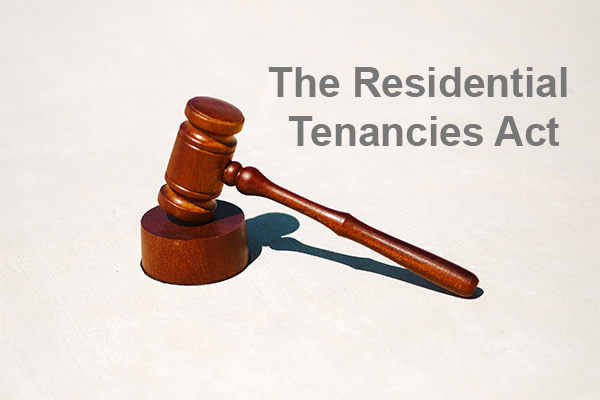As of 11 February, new amendments to the Residential Tenancies Act, such as making minor changes to rental properties and tenancy assignments, came into effect. There are plenty of other changes that we have detailed in previous blogs that we encourage you to take a look at.
Phase 3 of the RTA, which will take effect on 11 August 2021, is fast approaching.
However, there are some important reforms you may have missed.
A landlord must have an agent/property manager if outside New Zealand for more than 21 consecutive days
Travel restrictions have caused major disruptions in our world since the pandemic began. This has made it more difficult for property owners living outside New Zealand to maintain their properties.
With the new amendments and the new Healthy Homes Standards, landlords more than ever have to be diligent about ensuring their properties are complying and in good condition.
It is now considered unlawful if a landlord does not have an agent or property manager to look after their property if they are outside of New Zealand for more than 21 days.
An agent must be appointed prior to the landlord leaving New Zealand. If a landlord is currently outside of New Zealand and does not have a property manager, they must assign one immediately.
Tenants must be notified when an agent has been appointed and be provided with their name and contact information.
Non-compliance of this rule can result in a maximum penalty of $1500.
Updating names and contact information
Accurate names and contact information of both the tenant and landlord should be updated where necessary.
If a tenant’s name or contact information changes or if a landlord’s name, contact, or address changes, each party must notify the other within 10 working days.
The new reform to this already existing rule states that failure to do so is considered unlawful by both tenants and landlords and can result in a fine of up to $750.
Landlords must include the cost of rent on advertisements
There have been a few reforms surrounding rent. Landlords are now prohibited from influencing rent bidding, and rent increases have been limited to once every 12 months.
Changes to advertising have also come into effect. When advertising rental properties, the cost of rent must be clearly stated, otherwise they may be liable to a fine of $1500.
Rent in advance
It was already stated under the RTA that landlords were not to require rent payments more than two weeks in advance. Landlords that do not comply are now considered unlawful can be subject to a fine of $1500.
Entry without consent
Even before these new amendments, it was unlawful for landlords to enter rental properties without the tenants’ consent.
Previously, not complying with this law came with a fine of $2000. This has now been raised to $3000 for each person who enters the property without obtaining consent.
Cases of landlords not complying with these reforms are already being brought to the Tenancy Tribunal, and some carry serious penalties.
If you feel unsure about these changes or any upcoming amendments, our experienced team of property managers at Angel can help you navigate them. We are confident in our knowledge of rental laws and legislation and are here to guide you through all of it.
Contact us today for an obligation-free consultation.

